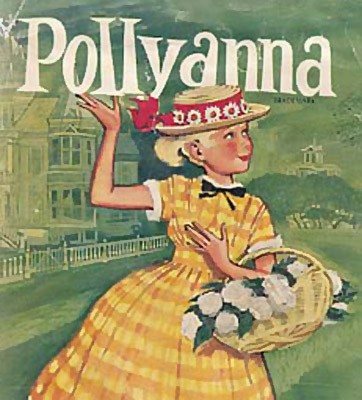The Do-Gooder’s Do-Gooder

For many years, Julia Wise wondered if she would ever meet another person who thought as she did. Everyone she knew thought her ideas about morality were strange. Some people told her they thought she might be right, but they were not willing to make the sacrifices she made; other people thought her ideas were not only misguided, but actually bad. All this made her worry that she might be wrong. How likely was it that everyone else was wrong and she was right? But she was also suspicious of that worry: after all, it would be quite convenient to be wrong — she would not have to give so much. Although her beliefs seemed to her not only reasonable but clearly true, and she could argue for them in a rational way, they were not entirely the result of conscious thinking: the essential impulse that gave rise to all the rest was simply a part of her. She could not help it; she had always been this way, since she was a child.
Julia believed that because each person was equally valuable, she was not entitled to care more for herself than for anyone else; she believed that she was therefore obliged to spend much of her life working for the benefit of others. That was the core of it; as she grew older, she worked out the implications of this principle in greater detail. In college, she thought she might want to work in development abroad somewhere, but then she realised that probably the most useful thing she could do was not to become a white aid worker telling people in other countries what to do, but, instead, to earn a salary in the US and give it to NGOs that could use it to pay for several local workers who knew what their countries needed better than she did. She reduced her expenses to the absolute minimum so she could give away 50% of what she earned. She felt that nearly every penny she spent on herself should have gone to someone else who needed it more. She gave to whichever charity seemed to her (after researching the matter) to relieve the most suffering for the least money.
…Despite her extreme frugality, she is not an ascetic. She loves material things as much as anyone. She loves fireworks and ice cream, and she loves to cook. She loves to sew clothes and to make elaborate, old-fashioned hats out of scraps. She gets pleasure out of things like that; she does not get pleasure out of giving money. To her, giving is simply a duty, like not stealing, so it does not beget a feeling of virtue. If all were well with the world, she would like to live on a farm somewhere, and keep animals, and grow pumpkins and runner beans and sunflowers in the garden. She would sew curtains and read and bake pies and have children. But all is not well with the world.
Larissa MacFarquhar’s essay on extreme altruism feels very difficult right now; I’ve written before about feeling torn on how to define a good deed, and MacFarquhar speaks with people who have a wide, sweeping, overarching definition that extends past themselves, their families, and their communities as she tries to identify what, exactly, compels a good person do good things. I’m going to be thinking about this for awhile. Read it here.